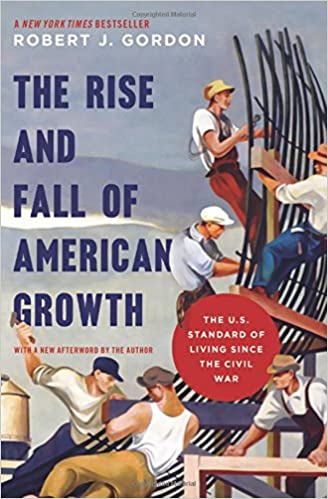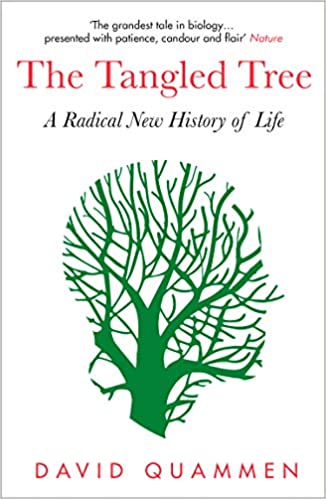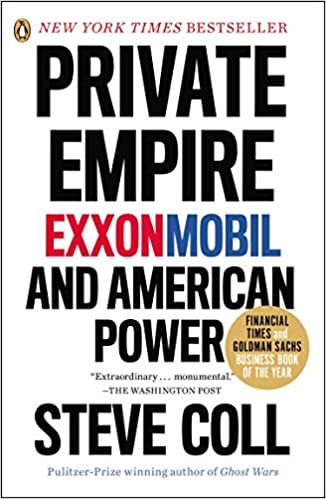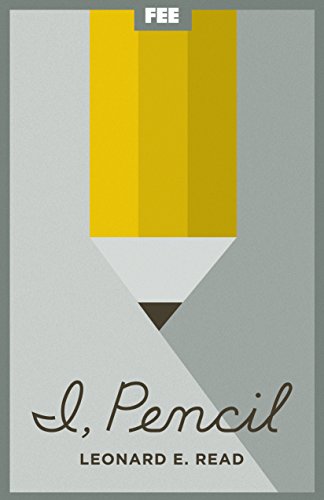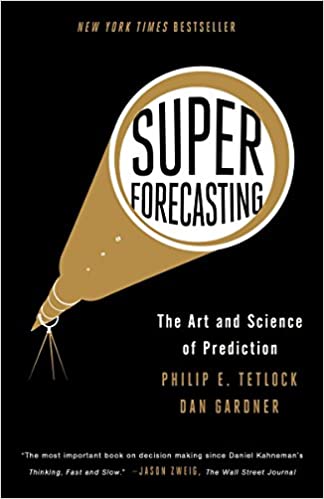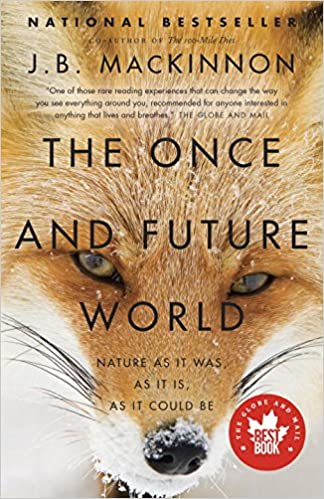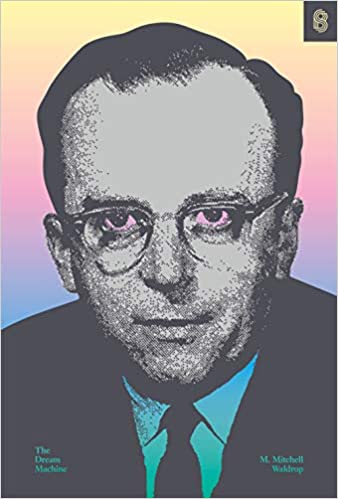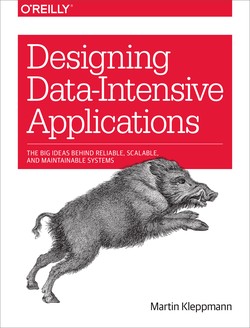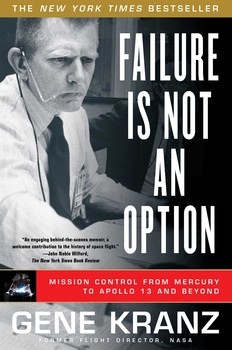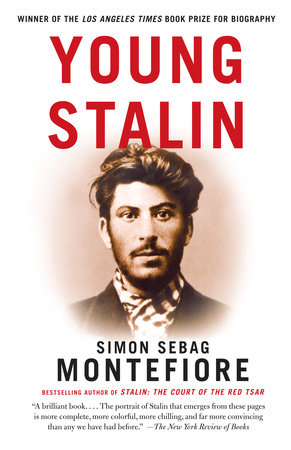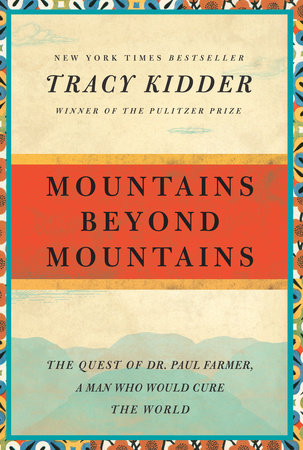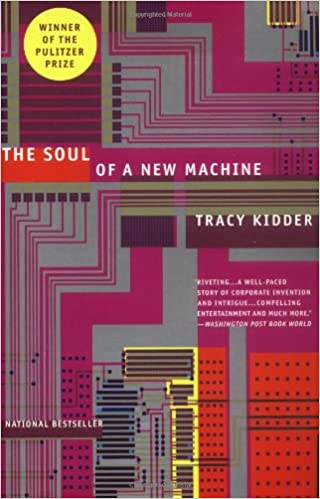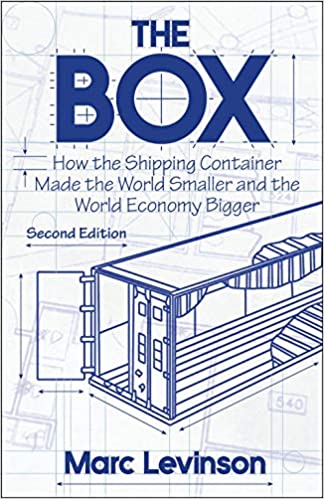January 2021 Reading Recommendations
Books
The Rise and Fall of American Growth: The U.S. Standard of Living Since the Civil War
In the century after the Civil War, an economic revolution improved the American standard of living in ways previously unimaginable. Electric lighting, indoor plumbing, motor vehicles, air travel, and television transformed households and workplaces. But has that era of unprecedented growth come to an end?
Weaving together a vivid narrative, historical anecdotes, and economic analysis, The Rise and Fall of American Growth challenges the view that economic growth will continue unabated, and demonstrates that the life-altering scale of innovations between 1870 and 1970 cannot be repeated. Robert Gordon contends that the nation’s productivity growth will be further held back by the headwinds of rising inequality, stagnating education, an aging population, and the rising debt of college students and the federal government, and that we must find new solutions.
A critical voice in the most pressing debates of our time, The Rise and Fall of American Growth is at once a tribute to a century of radical change and a harbinger of tougher times to come.
The Tangled Tree: A Radical New History of Life
Our understanding of the ‘tree of life’, with powerful implications for human genetics, human health and our own human nature, has recently completely changed.
This book is about a new method of telling the story of life on earth – through molecular phylogenetics. It involves a fairly simple method – the reading of the deep history of life by looking at the variation in protein molecules found in living organisms. For instance, we now know that roughly eight per cent of the human genome arrived not through traditional inheritance from directly ancestral forms, but sideways by viral infection.
In The Tangled Tree, acclaimed science writer David Quammen chronicles these discoveries through the lives of the researchers who made them – such as Carl Woese, the most important little-known biologist of the twentieth century; Lynn Margulis, the notorious maverick whose wild ideas about ‘mosaic’ creatures proved to be true; and Tsutomu Wantanabe, who discovered that the scourge of antibiotic-resistant bacteria is a direct result of horizontal gene transfer, bringing the deep study of genome histories to bear on a global crisis in public health.
Quammen explains how molecular studies of evolution have brought startling recognitions about the tangled tree of life – including where we humans fit into it. Thanks to new technologies, we now have the ability to alter even our genetic composition – through sideways insertions, as nature has long been doing. The Tangled Tree is a brilliant exploration of our transformed understanding of evolution and of life’s history itself.
Private Empire: ExxonMobil and American Power
In this, the first hard-hitting examination of ExxonMobil—the largest and most powerful private corporation in the United States—Steve Coll reveals the true extent of its power.
Private Empire pulls back the curtain, tracking the corporation’s recent history and its central role on the world stage, beginning with the Exxon Valdez accident in 1989 and leading to the Deepwater Horizon oil spill in the Gulf of Mexico in 2010. The action spans the globe—featuring kidnapping cases, civil wars, and high-stakes struggles at the Kremlin—and the narrative is driven by larger-than-life characters, including corporate legend Lee “Iron Ass” Raymond, ExxonMobil’s chief executive until 2005, and current chairman and chief executive Rex Tillerson, President-elect Donald Trump’s nomination for Secretary of State.
A penetrating, news-breaking study, Private Empire is a defining portrait of Big Oil in American politics and foreign policy.
I, Pencil: My Family Tree as Told to Leonard E. Read
In “I, Pencil,” Leonard E. Read beautifully illustrates the marvelous interconnectivity of the global marketplace in this classic essay told from the viewpoint of a common pencil–an item nearly everyone uses, but no single person can make alone.
Superforecasting: The Art and Science of Prediction
Everyone would benefit from seeing further into the future, whether buying stocks, crafting policy, launching a new product, or simply planning the week’s meals. Unfortunately, people tend to be terrible forecasters. As Wharton professor Philip Tetlock showed in a landmark 2005 study, even experts’ predictions are only slightly better than chance. However, an important and underreported conclusion of that study was that some experts do have real foresight, and Tetlock has spent the past decade trying to figure out why. What makes some people so good? And can this talent be taught?
In Superforecasting, Tetlock and coauthor Dan Gardner offer a masterwork on prediction, drawing on decades of research and the results of a massive, government-funded forecasting tournament. The Good Judgment Project involves tens of thousands of ordinary people—including a Brooklyn filmmaker, a retired pipe installer, and a former ballroom dancer—who set out to forecast global events. Some of the volunteers have turned out to be astonishingly good. They’ve beaten other benchmarks, competitors, and prediction markets. They’ve even beaten the collective judgment of intelligence analysts with access to classified information. They are “superforecasters.”
In this groundbreaking and accessible book, Tetlock and Gardner show us how we can learn from this elite group. Weaving together stories of forecasting successes (the raid on Osama bin Laden’s compound) and failures (the Bay of Pigs) and interviews with a range of high-level decision makers, from David Petraeus to Robert Rubin, they show that good forecasting doesn’t require powerful computers or arcane methods. It involves gathering evidence from a variety of sources, thinking probabilistically, working in teams, keeping score, and being willing to admit error and change course.
Superforecasting offers the first demonstrably effective way to improve our ability to predict the future—whether in business, finance, politics, international affairs, or daily life—and is destined to become a modern classic.
The Once and Future World: Nature As It Was, As It Is, As It Could Be
Many people believe that only an ecological catastrophe will change humanity’s troubled relationship with the natural world. In fact, as J.B. MacKinnon argues in this unorthodox look at the disappearing wilderness, we are living in the midst of a disaster thousands of years in the making—and we hardly notice it. We have forgotten what nature can be and adapted to a diminished world of our own making.
In The Once and Future World, MacKinnon invites us to remember nature as it was, to reconnect to nature in a meaningful way, and to remake a wilder world everywhere. He goes looking for landscapes untouched by human hands. He revisits a globe exuberant with life, where lions roam North America and ten times more whales swim in the sea. He shows us that the vestiges of lost nature surround us every day: buy an avocado at the grocery store and you have a seed designed to pass through the digestive tracts of huge animals that have been driven extinct.
The Once and Future World is a call for an “age of rewilding,” from planting milkweed for butterflies in our own backyards to restoring animal migration routes that span entire continents. We choose the natural world that we live in—a choice that also decides the kind of people we are.
The Dream Machine
Very special recommendation
I cannot overstate what an incredible book this is. It’s sold mainly as a biography of J. C. R. Licklider, and Licklider certainly is a very relevant and interesting person – but in the course of this book I realized that gladly, it is so much more: an extensive and vivid history of personal computing. The Dream Machine is one of the best non-fiction books I’ve ever read, period.
Designing Data-Intensive Applications
If you build software applications for a living, “Designing Data-Intensive Applications” is a must-read.
Failure Is Not an Option: Mission Control From Mercury to Apollo 13 and Beyond
Gene Kranz was present at the creation of America’s manned space program and was a key player in it for three decades. As a flight director in NASA’s Mission Control, Kranz witnessed firsthand the making of history. He participated in the space program from the early days of the Mercury program to the last Apollo mission, and beyond. He endured the disastrous first years when rockets blew up and the United States seemed to fall further behind the Soviet Union in the space race. He helped to launch Alan Shepard and John Glenn, then assumed the flight director’s role in the Gemini program, which he guided to fruition. With his teammates, he accepted the challenge to carry out President John F. Kennedy’s commitment to land a man on the Moon before the end of the 1960s.
Kranz recounts these thrilling historic events and offers new information about the famous flights. What appeared as nearly flawless missions to the Moon were, in fact, a series of hair-raising near misses. When the space technology failed, as it sometimes did, the controllers’ only recourse was to rely on their skills and those of their teammates. He reveals behind-the-scenes details to demonstrate the leadership, discipline, trust, and teamwork that made the space program a success.
A fascinating firsthand account by a veteran mission controller of one of America’s greatest achievements, Failure is Not an Option reflects on what has happened to the space program and offers his own bold suggestions about what we ought to be doing in space now.
Young Stalin
This revelatory account unveils how Stalin became Stalin, examining his shadowy journey from obscurity to power—from master historian Simon Sebag Montefiore.
Based on ten years of research, Young Stalin—companion to the prizewinning Stalin: The Court of the Red Tsar—is a brilliant prehistory of the USSR, a chronicle of the Revolution, and an intimate biography. Montefiore tells the story of a charismatic, darkly turbulent boy born into poverty, scarred by his upbringing but possessed of unusual talents. Admired as a romantic poet and trained as a priest, he found his true mission as a murderous revolutionary. Here is the dramatic story of his friendships and hatreds, his many love affairs, his complicated relationship with the Tsarist secret police, and how he became the merciless politician who shaped the Soviet Empire in his own brutal image. Described by The New York Times as “a meticulously researched, autoritative biography,” Young Stalin is essential reading for anyone interested in Russian history.
Mountains Beyond Mountains: The Quest of Dr. Paul Farmer, a Man Who Would Cure the World
In medical school, Paul Farmer found his life’s calling: to cure infectious diseases and to bring the lifesaving tools of modern medicine to those who need them most. Tracy Kidder’s magnificent account shows how one person can make a difference in solving global health problems through a clear-eyed understanding of the interaction of politics, wealth, social systems, and disease. Profound and powerful, Mountains Beyond Mountains takes us from Harvard to Haiti, Peru, Cuba, and Russia as Farmer changes people’s minds through his dedication to the philosophy that “the only real nation is humanity.”
The Soul of A New Machine
Computers have changed since 1981, when The Soul of a New Machine first examined the culture of the computer revolution. What has not changed is the feverish pace of the high-tech industry, the go-for-broke approach to business that has caused so many computer companies to win big (or go belly up), and the cult of pursuing mind-bending technological innovations.
The Soul of a New Machine is an essential chapter in the history of the machine that revolutionized the world in the twentieth century.
The Box: How the Shipping Container Made the World Smaller and the World Economy Bigger
In April 1956, a refitted oil tanker carried fifty-eight shipping containers from Newark to Houston. From that modest beginning, container shipping developed into a huge industry that made the boom in global trade possible. The Box tells the dramatic story of the container’s creation, the decade of struggle before it was widely adopted, and the sweeping economic consequences of the sharp fall in transportation costs that containerization brought about.
But the container didn’t just happen. Its adoption required huge sums of money, both from private investors and from ports that aspired to be on the leading edge of a new technology. It required years of high-stakes bargaining with two of the titans of organized labor, Harry Bridges and Teddy Gleason, as well as delicate negotiations on standards that made it possible for almost any container to travel on any truck or train or ship. Ultimately, it took McLean’s success in supplying U.S. forces in Vietnam to persuade the world of the container’s potential.
Drawing on previously neglected sources, economist Marc Levinson shows how the container transformed economic geography, devastating traditional ports such as New York and London and fueling the growth of previously obscure ones, such as Oakland. By making shipping so cheap that industry could locate factories far from its customers, the container paved the way for Asia to become the world’s workshop and brought consumers a previously unimaginable variety of low-cost products from around the globe.
Published in hardcover on the fiftieth anniversary of the first container voyage, this is the first comprehensive history of the shipping container. Now with a new chapter, The Box tells the dramatic story of how the drive and imagination of an iconoclastic entrepreneur turned containerization from an impractical idea into a phenomenon that transformed economic geography, slashed transportation costs, and made the boom in global trade possible.
Online articles
The Incredibly True Story of Renting a Friend in Tokyo
The Confessions of Marcus Hutchins, the Hacker Who Saved the Internet
How Offshore Oddsmakers Made a Killing off Gullible Trump Supporters
Why Markets Boomed in a Year of Human Misery
What Happened to the Democrats Who Never Accepted Bush’s Election
Reading, That Strange and Uniquely Human Thing
Schulden müssen kommende Generationen nicht belasten
We’ve Got Depression All Wrong. It’s Trying to Save Us.
A Game Designer’s Analysis Of QAnon
Colonels of Truth – The tumultuous true story of the life of a fast food icon
The English Word That Hasn’t Changed in Sound or Meaning in 8,000 Years
Everything We’ve Learned About Modern Economic Theory Is Wrong
Fruits and Vegetables Are Trying to Kill You
In Conversation: Penn Jillette
Thirty-six Thousand Feet Under the Sea
The Great Buenos Aires Bank Heist
How to Buy Gifts That People Actually Want
The Billionaire Who Wanted To Die Broke… Is Now Officially Broke
IBM Apologizes For Firing Computer Pioneer For Being Transgender…52 Years Later
What Trump Showed Us About America
Huawei, 5G, and the Man Who Conquered Noise
How To Legally Own Another Person
Monica Lewinsky: Shame and Survival
The Tragedy of the “Tragedy of the Commons”
Particle Physicists Continue To Make Empty Promises
Everything Was Fake but Her Wealth
When France extorted Haiti – the greatest heist in history
Lady Death: Lyudmila Pavlichenko, the Greatest Female Sniper of All Time
Fight the Ship – Death and valor on a warship doomed by its own Navy
Paul Krugman Reviews ‘The Rise and Fall of American Growth’ by Robert J. Gordon
The West Has a Resentment Epidemic
A Long Talk With Anthony Fauci’s Boss About the Pandemic, Vaccines, and Faith
The Pitchforks Are Coming… For Us Plutocrats
How a 19th Century Math Genius Taught Us the Best Way to Hold a Pizza Slice
Keanu Reeves Is Too Good for This World
The Money Farmers: How Oligarchs and Populists Milk the E.U. for Millions
Very special recommendation: Mother Earth Mother Board
Noteworthy online discussions
“I think the 2020 experience has taught us a bit more about people.”
“It’s very worth remembering that the abundance of Silicon Valley is fragile, and temporary.”
“First off, you can have both. Green new deal doesn’t ban reactors or anything.”
“Here’s my little Wirecard story…”
“But what are you sacrificing in return for your “perseverance”?”
“If you like that you’ll enjoy the story of Edmar Bacha who squashed an 80% inflation rate.”
